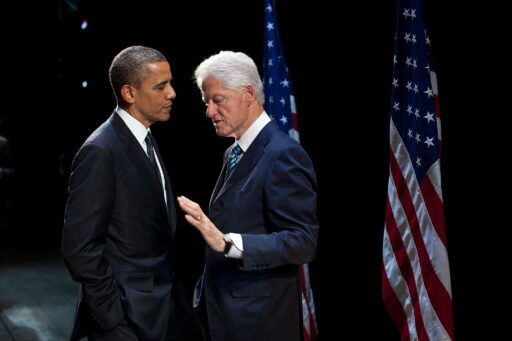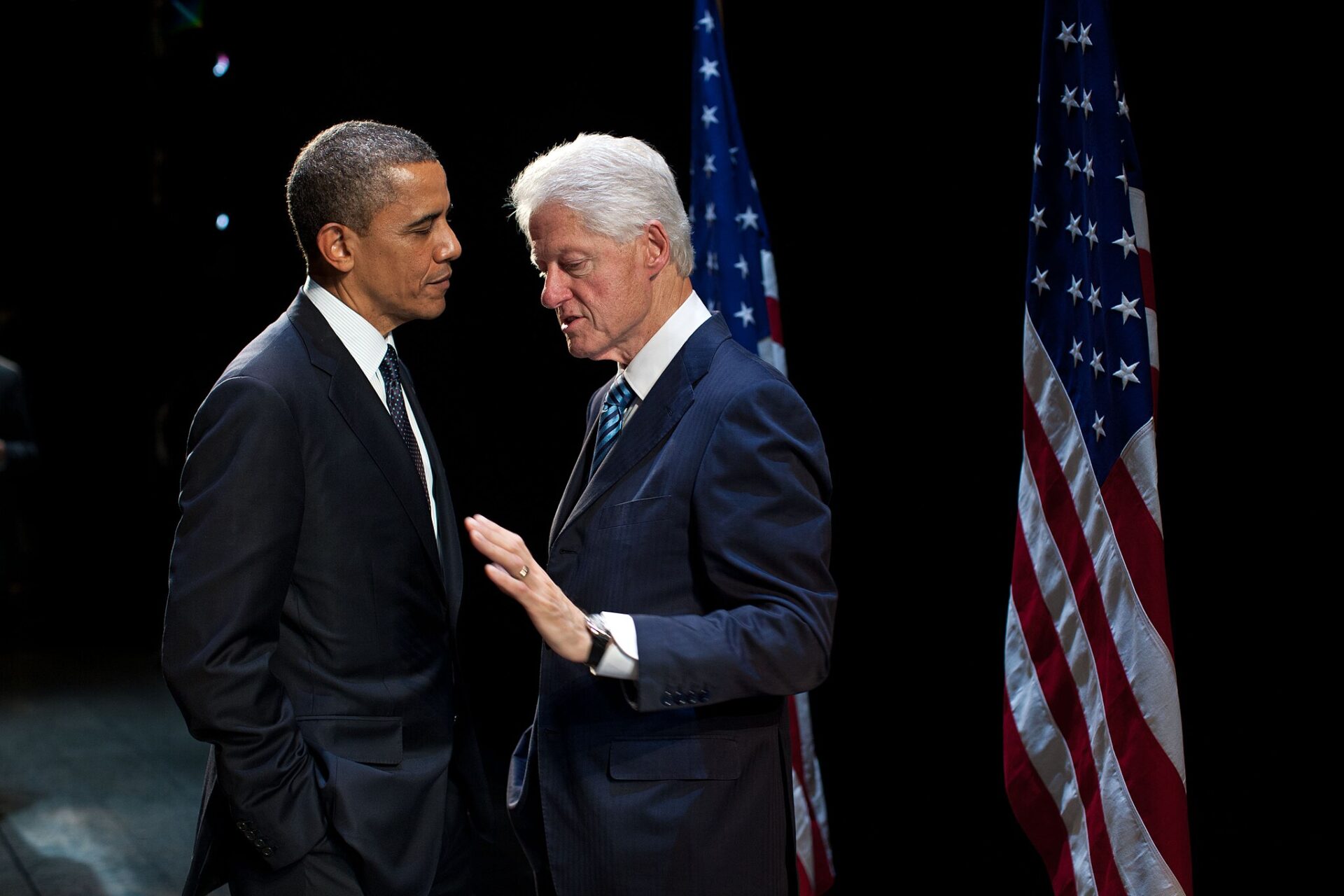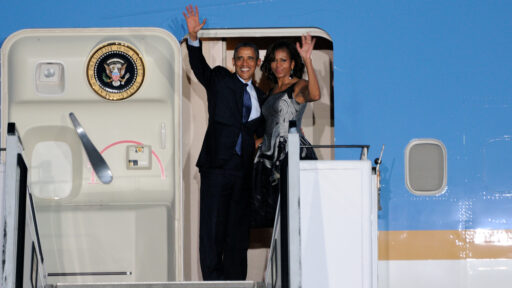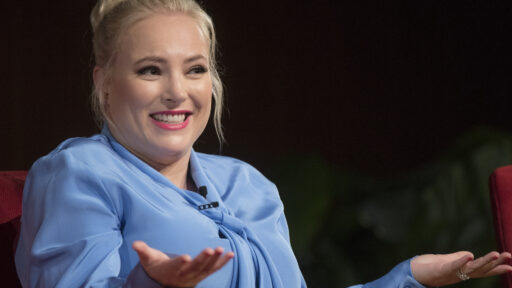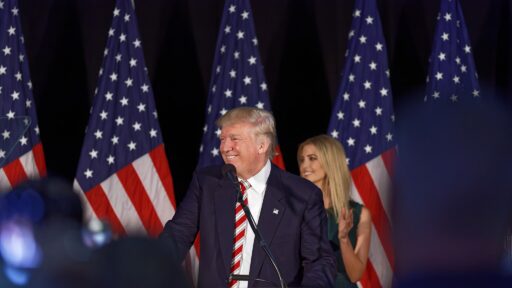How is this even legal?
In the midst of political turbulence, Rep. Zoe Lofgren (D-Calif.) has sparked a contentious debate by suggesting a swift process for potentially replacing President Biden on the Democratic ticket. At 76, Lofgren emphasized the urgency of this scenario during an interview with MSNBC, asserting that if Biden, at 81 years old, were to step down, the Democratic Party must act decisively.
“I don’t think we can afford a coronation,” Lofgren remarked, highlighting Vice President Kamala Harris as a primary contender. She proposed a novel approach: a mini-primary process, possibly overseen by former Presidents Barack Obama and Bill Clinton, aimed at vetting potential successors. Lofgren argued that such a process would bring clarity and focus to the party’s direction, ensuring transparency and public engagement.
Her call for Biden to step aside was underscored by a letter she personally sent to the President, expressing concerns about the electoral prospects of the Democratic Party. “Your candidacy is on a trajectory that risks losing the White House and affecting crucial House and Senate races,” Lofgren wrote, echoing sentiments shared by over 30 House Democrats urging Biden to withdraw from the race.
The implications of Lofgren’s proposal are profound. By advocating for a transparent selection process, she believes the Democratic Party can present a stronger candidate than if decisions were made behind closed doors. This approach, she argues, not only aligns with democratic principles but also enhances the party’s chances against formidable opponents, such as Donald Trump.
Despite Lofgren’s initiative, Biden has shown no inclination to heed calls for his withdrawal, indicating a potential intra-party struggle as Democrats navigate the complexities of electoral strategy and internal unity.
In conclusion, Lofgren’s proposal injects urgency and controversy into the Democratic campaign strategy, advocating for a robust and inclusive process to secure the party’s electoral future. As the debate unfolds, the Democratic Party faces critical decisions that could shape the outcome of the upcoming election and its broader political trajectory.


